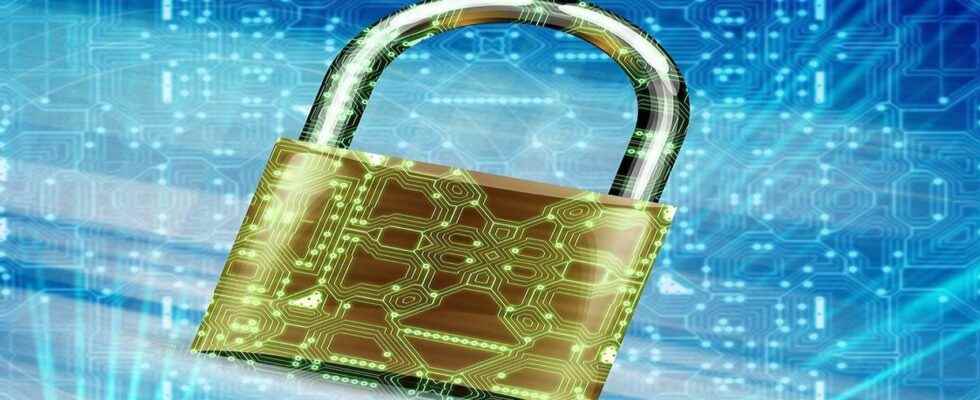When you want to browse the web in a secure and anonymous way, one of the most famous ways is to go through a VPN. In practice, we see that not all VPNs are created equal. Futura explains to you what criteria to base your reflection on in order to opt for a truly safe solution.
the VPN, abbreviation of ” Virtual Private Network Is regularly cited when discussing the most efficient tools to increase its security and his anonymity in line. In a simplified way, a VPN can be defined as a virtual network through which encrypted data passes. This redirects your data received and sent over the net to a server from a distance. The latter allows you to hide your IP adress and to make illegible the information circulating in the event of an interception.
Are VPNs Really Secure?
Let’s start from the beginning. We offer you a service designed to encrypt your web traffic and make it appear to be coming from a different place than where you are now. This necessarily means that you are taking a risk by letting this service handle all the traffic for you.
The average user rarely does a thorough analysis of the VPN they are going to use. As for choosing a anti-virus, the consumer will hardly ever go to consult the marks allotted by the independent laboratories nor the articles which are too specific. He is often content to look at the price, the interface and possibly the presence of such and such a function.
Regarding VPNs, we have noticed that not all providers of this type of service systematically use encryption or share your data with third parties. These third parties will analyze them for advertising purposes or observe your behavior on a particular site or service. In short, we are far from the security and anonymity promised and hoped for.
Let’s be clear, the VPNs that are most likely to be flawed and sell your data are usually free VPNs. This seems logical, because the business model of these services must depend on a source of income at some point … Whether for VPNs or in everyday life, the word “free” should put you the chip in the ear and get you to ask yourself certain questions.
The essential security features of a VPN
Encryption
This is the feature that should be consistently present in any VPN service. This is the first thing you need to be aware of when choosing a VPN. Be careful, some VPNs only encrypt part of your data … Currently, the most widely used standard in cybersecurity is AES 256-bit encryption.
The kill switch
The kill switch is an emergency stop button on the VPN. Its objective is to completely block access to Internet in case of accidental interruption of your VPN and thus anticipate a possible data leak, if only for a few tenths of a second.
VPN: best practices to check
Data collection
Ideally, a VPN service shouldn’t keep any of your data. This is called “no-log VPN”. Thus, the supplier does not backup no information about your browsing history, searches, downloads and personal data. It should also not keep your login logs i.e. your IP adress, the moment and the duration of your connections, the volume data transferred and servers used.
Two remarks should be made on this point:
- The location of the head office of the VPN provider
The VPN provider is subject to the national law of the country in which its head office is established. National laws differ from country to country and can be more or less restrictive. For example, in the UK, the law requires VPN providers to keep their users’ browsing history for one year. In the United States, the law does not oblige the suppliers to keep the log of activity … but the latter expose themselves to legal sanctions if they are not able to procure them at the time. came.
If you are going to use a VPN for prohibited activities (go to Facebook and Youtube in China or chat on Skype in Saudi Arabia for example), so be aware that some VPN providers accept payment by bitcoin in order to strengthen your anonymity.
Permissions granted
This advice is valid for VPN providers, but also applies to all software and applications that you can install on your devices: pay particular attention to the permissions required by your service provider. While some are legitimate, others are only intended to extract personal information from you and then offer you targeted advertising.
Based on all these criteria, it’s up to you to now assess the security of the offers we are offering you:
Interested in what you just read?
.
fs2
